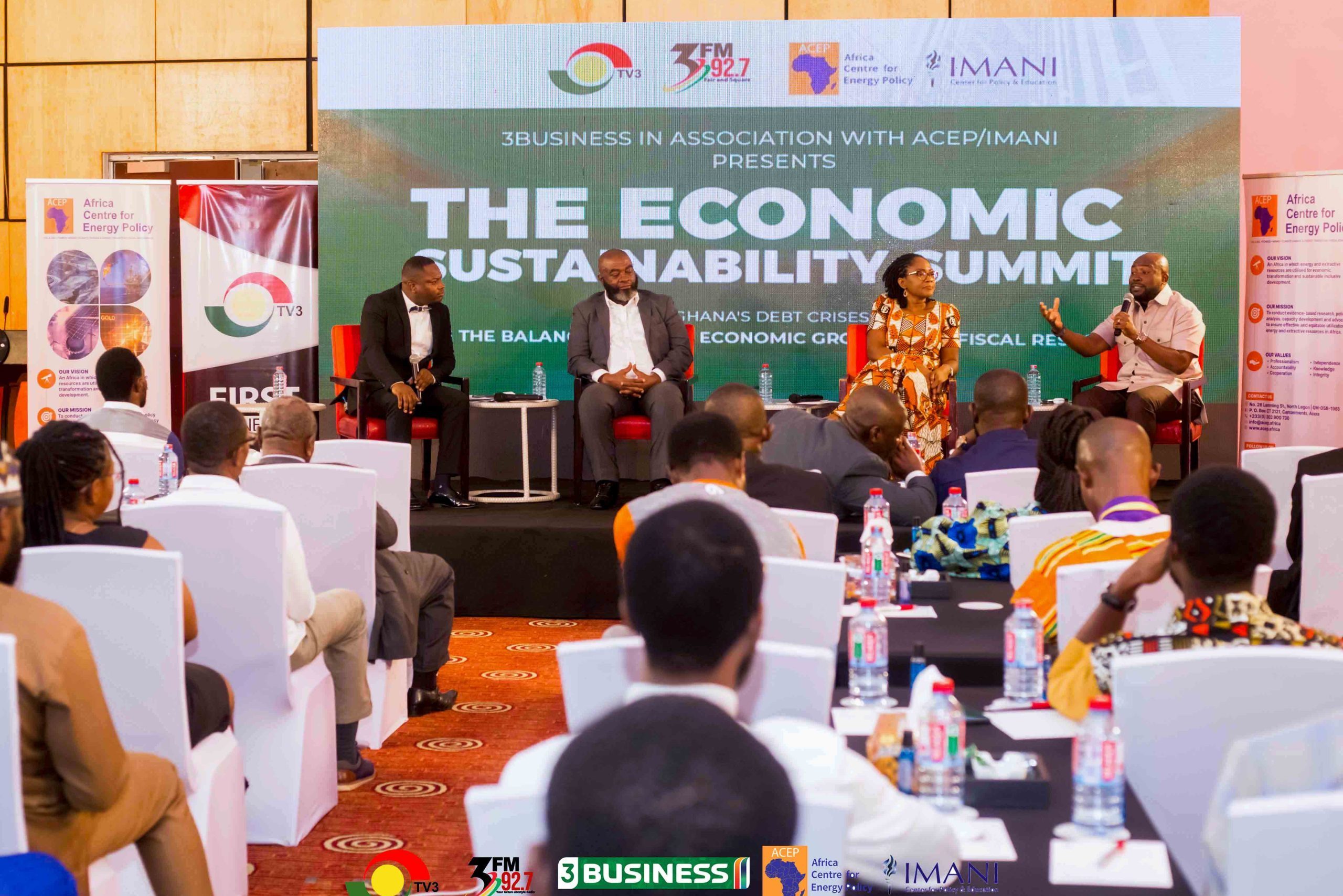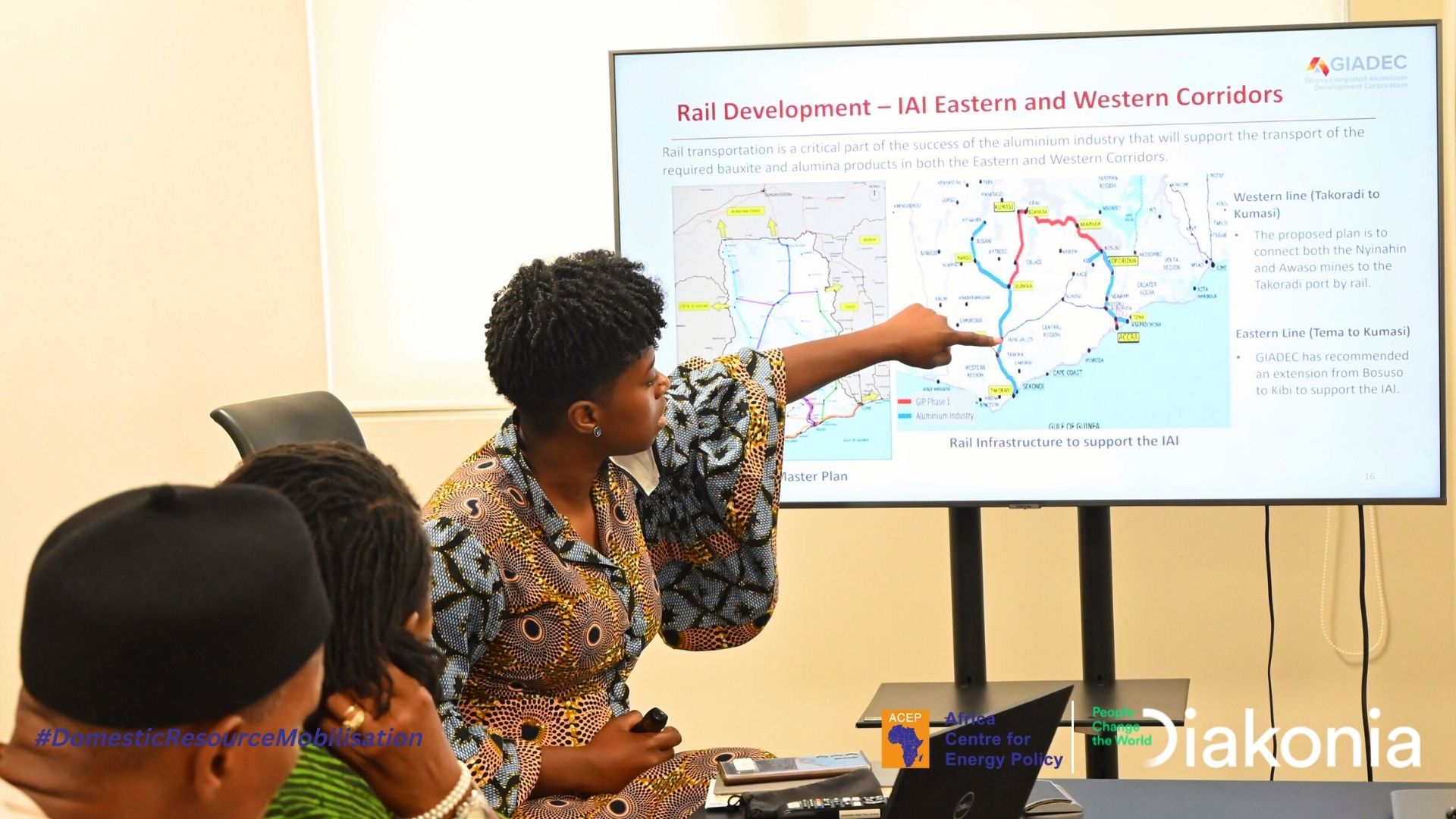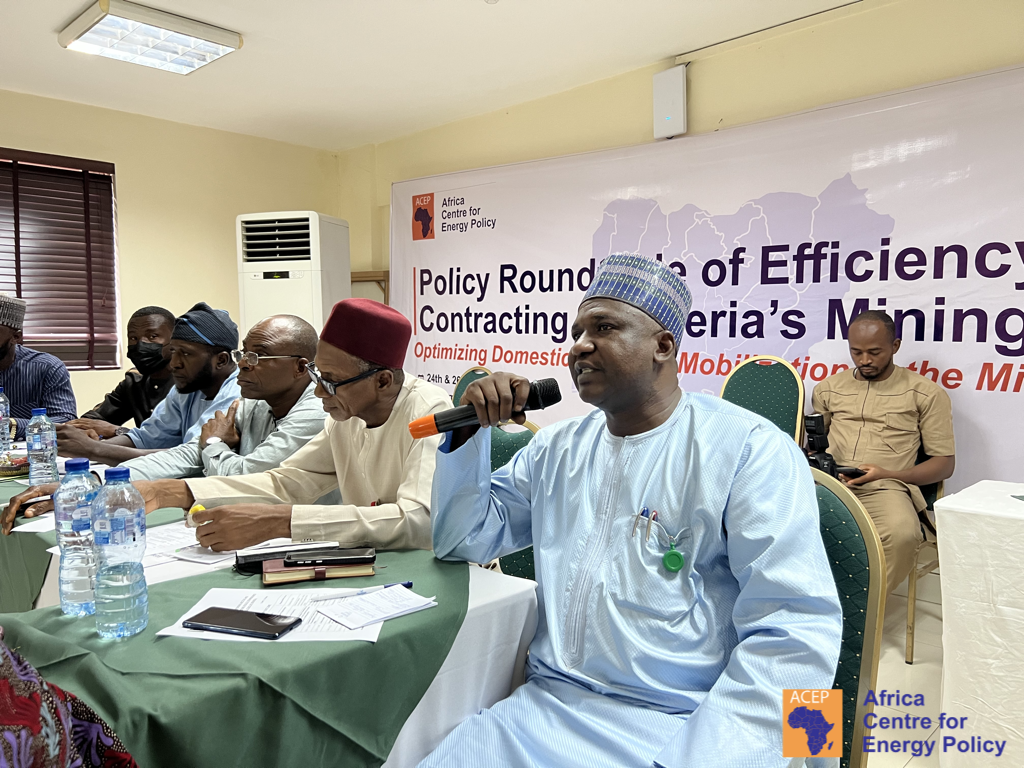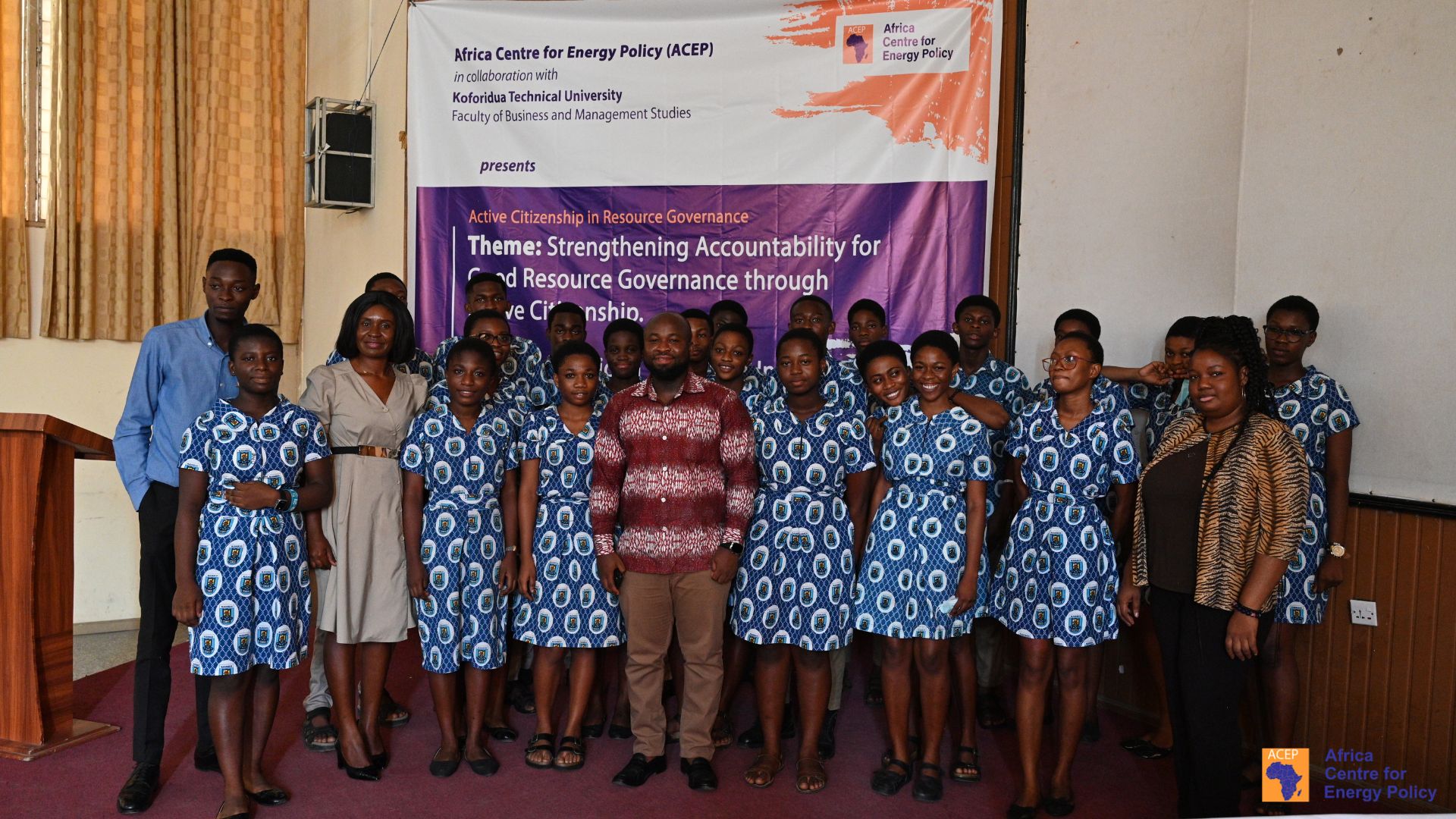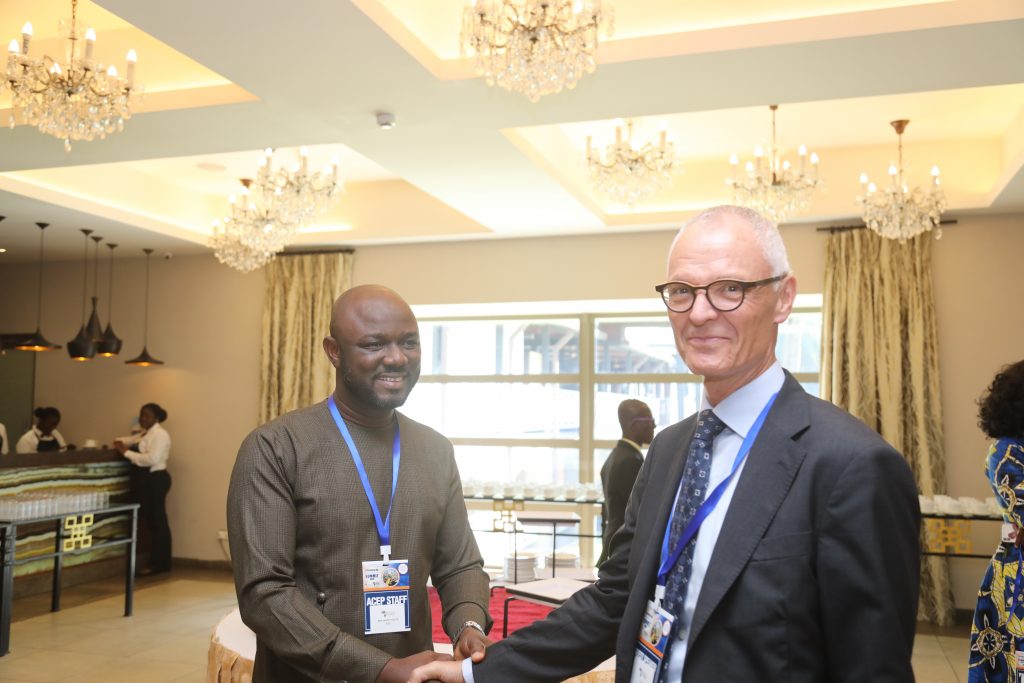Revenues from resource extraction must be equitably distributed to meet the development priorities of citizens, particularly to impact the poor, persons with disabilities and communities affected by resource extraction. We promote the development of prudent fiscal policies for resource allocation both at the national and sub-national levels.
Africa must develop a believable and actionable pathway to climate action and energy transition. A just transition will require that decision makers are less emotional about conspiracies and focus on the reality; that, jobs are being created, a whole new economy is being developed around new forms of energy. We convene and promote key conversations among stakeholders on the energy transition.
The phenomenon of leveraging extractive resources for financing including infrastructure-based resource-backed loans is increasing in the African context, with China as the lender of choice. While there may be justifications to front-load resource benefits for development, the challenge of properly thinking through the benefits and challenges with such arrangements expose many countries to a debt-ridden future which may be difficult to retreat from. We promote tough conversations to advance an African solution to curbing the resource to debt and good governance challenges on the continent.
To ensure that resource revenues are equitably distributed to translate into socioeconomic development, citizens must be able to demand transparent, efficient, and effective revenue allocation, expenditure, and accounting. Unfortunately, citizens often lack the power to find out how these revenues are spent or to monitor and ensure that the revenues are spent to meet their development objectives. We empower citizens to monitor and track resource revenue expenditure and demand accountability and reforms from government.
While resource revenues are important for accelerating socioeconomic development, the extraction of these resources must account for and mitigate the environmental and social impacts on the host communities and their inhabitants. It is important for governments to ensure that resource extraction does not leave these communities worse off than they were prior to the extractive activities. We promote the development of policies that would create incentives for more sustainable resource extraction, which includes regulations, liability provisions, environmental impact assessments, mitigation measures, insurance mechanisms, and environmental management funds.
Within the region, governments are increasingly becoming intolerant to dissent and prone to curtailing civic freedoms and liberties through undemocratic means. This puts the work and security of civic actors and advocates at risk and weakens the demand for transparency and accountability in governance. We work on demanding stronger commitments from governments on protecting civic liberties. Networks and coalitions also requires support to be able to champion causes and diffuse advocacy risks from working alone.




